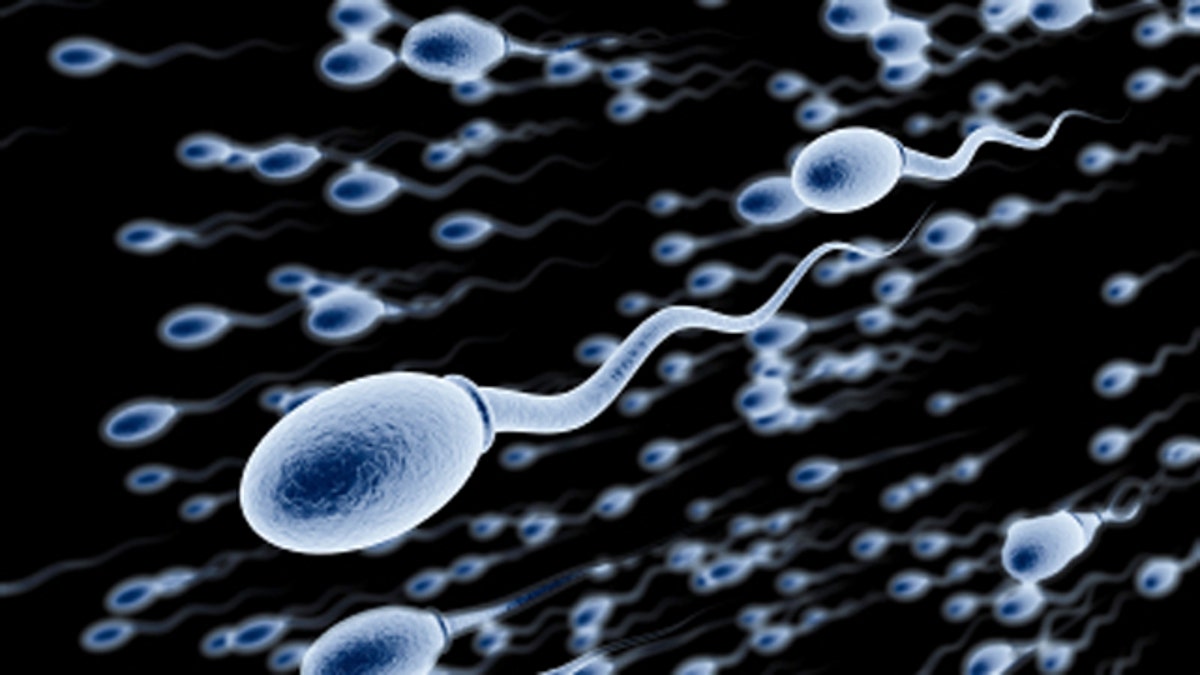
When it comes to ensuring the future health of a newborn, a lot of emphasis is placed on the mother’s lifestyle – as numerous studies have found that a mother’s weight and diet can heavily influence a fetus’s development in the womb.
But it may not just be mom’s eating habits that can affect an unborn child. New research from McGill University in Montreal has revealed that a father’s diet pre-conception may also play a crucial role in the future health of his offspring.
“We know the father contributes half the heritable information, so the potential is there to have an enormous impact on the development of offspring,” lead author Dr. Sarah Kimmins, Canada research chair in epigenetics, reproduction and development at McGill, told FoxNews.com. “But the research is all targeted at the mother. If you look at national sites, their phrasing is, ‘Women need to do the following preconception.’ Not a single word is there of the father.”
In their study, Kimmins and her colleagues highlighted the significance of the vitamin B9 – also known as folate – which is found naturally in a number of leafy vegetables, fruits, cereals and meats. Previous research has indicated that mothers must get an adequate amount of folate in their diets in order to prevent birth defects and miscarriages.
However, the relevance of a father’s folate intake has gone unstudied.
“Folate functions in this biochemical pathway in the body, where it serves in basically donating these biochemical tags. [These] are placed on the DNA in the genome that control whether a gene is on or off,” Kimmins said. “So if you don’t have enough folate, you don’t have enough of these biological tags. So the embryo may not turn on the genes it should.”
Folate-deficient diets are typically found in countries experiencing food insecurity, as people in those regions lack adequate access to nutritional foods. Additionally, folate-deficient diets can also be said to mimic the diets of people who are overweight or obese, since their bodies often cannot process folate properly.
To better understand how a father’s diet and folate intake might impact a child’s health, the researchers examined the offspring of a group of male mice. Before the mice procreated, half of the fathers received a diet deficient in folate and the other half received a diet with adequate levels of the vitamin.
The researchers found that the offspring of the folate-deficient fathers had a 30 percent increased risk of birth defects, compared to the offspring of the fathers who had received a sufficient amount of folate. They also found that the folate-deficient mice experienced some symptoms of infertility and were less likely to impregnate the female mice.
Kimmins said these findings suggest that a father’s lifestyle may alter his sperms’ epigenome, which can ultimately transfer faulty information to the so-called epigenomic map that influences the development of disease in the long-term health of his offspring
“People have really been focused on what happens in the womb and where birth defects originate,” Kimmins said. “….You see most birth defects happen in the first three months of developments, but the causes of over 50 percent of birth defects are not known. [They] very well could be originating pre-conception.”
Though the researchers still need to verify their findings in humans, Kimmins hopes the study will inspire men to pay more attention to what they’re eating if they are considering having children. She noted that men can potentially reverse the damage done to their sperm simply by switching to a healthier diet a few months before conception.
“There should be a paradigm shift,” Kimmins said. “Men are not just responsible for their own health. They’re also responsible for the health of their offspring. I think this warrants a much closer look, because it’s a very quick route to intervention and prevention.”
The research was published in the journal Nature Communications.








































